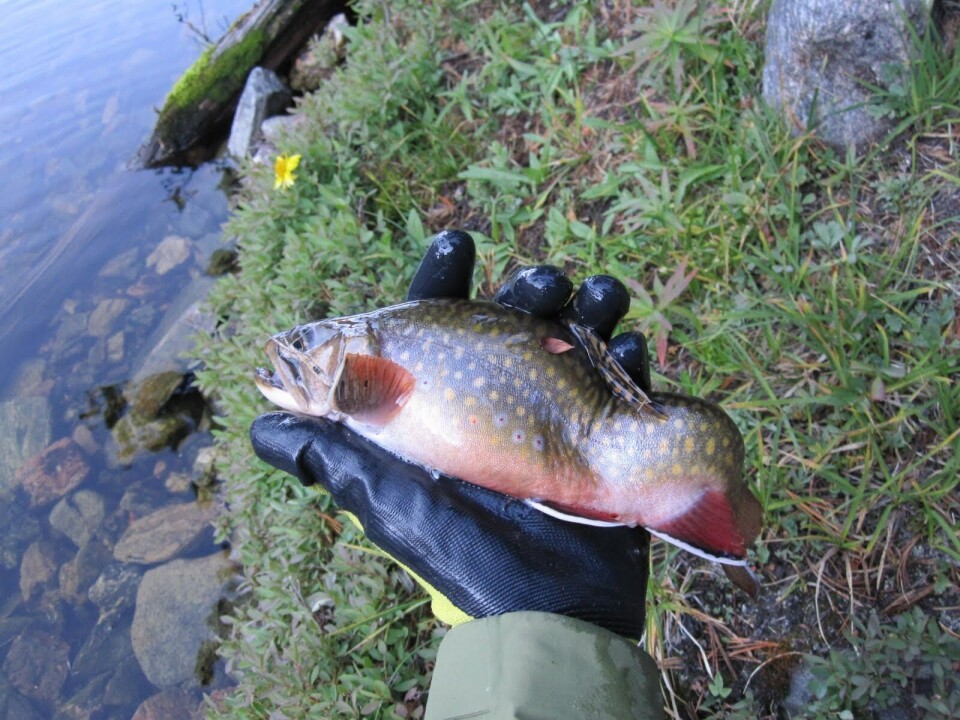
Fresh threat detected
The Canadian Food Inspection Agency (CFIA) has confirmed that the deadly fish parasite, Myxobolus cerebralis, the causative agent of whirling disease, has now been detected in Canada.
A deadly fish parasite never previously observed in Canadian waters has been detected for the first time.
Myxobolus cerebralis, a freshwater microscopic parasite that infects all species of salmon and trout, has been detected in Johnson Lake in Banff National Park.
The parasite infects the spinal cord and the brain of the fish, resulting in abnormal swimming behaviour and deformities. Mortality rates have been known to exceed 90% in infected fry and fingerlings.
The fish samples collected by Parks Canada staff came from Johnson Lake in Banff National Park and were confirmed as positive for whirling disease on August 23 by the Department of Fisheries and Oceans.
The disease has been observed in the United States since the 1950s and is prevalent in the western and northeastern states. However, until now, there has been no incidence of the disease north of the border.
It is not known how the parasite was introduced to Johnson Lake.
People can spread the disease by moving contaminated fishing gear, infected fish, or contaminated water.
Whirling disease is not spread directly between finfish - the parasite requires an intermediate host, a freshwater worm Tubifex tubifex, in order to develop into fish-infective stages.
Whirling disease is a federally reportable disease under the Health of Animals Act and the CFIA is working closely with Parks Canada and Alberta Environment and Parks to ensure a coordinated response to the disease.
A collaborative surveillance plan is being developed. Samples have been collected by Parks Canada and by Alberta Environment and Parks from additional locations.
The laboratory results will assist in the determination if whirling disease is present in other locations.
Restricting access
Parks Canada has restricted access to the lake and has also prohibited water-based recreational activities - including fishing, boating, or swimming - to reduce the risk of further spread of the disease.
Violators may be charged under the Canada National Parks Act: maximum penalty $25 000.
In the meantime, sampling and testing of fish from other water bodies in Banff National Park is underway. Alberta Environment and Parks is also sampling fish downstream from Banff National Park.
The CFIA will be working with its federal and provincial partners to the control the spread of whirling disease by implementing disease response activities such as controlling the movements of infected animals that people own or work with.























































